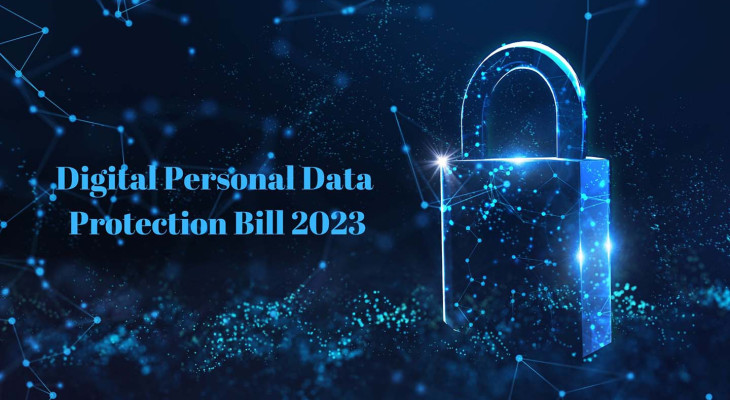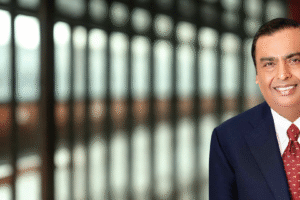Ashwani Vaishnaw, Cabinet Minister of Communications, Electronics and Information Technology laid down the most anticipated DPDP (Digital Personal Data Protection) bill 2023, today in Lok Sabha. Members of the opposition strongly condemned the introduction of this bill, they pointed out that the bill violates the fundamental right to privacy and it should be sent to the standing committee for inspection. The Government of India had brought a similar bill last year as well, but later they withdrew the bill. It’s important to have some digital rights that uphold the digital privacy of Individuals. In 2017, the Supreme Court of India in one of its judgments recognized the Right to Privacy as a fundamental right under the Constitution.
The bill aims at the extraction of personal data in a manner “which recognizes both the personal right of an individual and protects the personal data in a lawful purpose.” Ashwani Vaisjnaw said that “This is not a financial bill which should be sent for consideration and when the discussion happens we will answer all the questions raised by the opposition.”
Data is of two types, Personal Data, and Non-Personal Data. Personal Data refers to the data by which an individual is identified. Non-Personal Data is by which we can not identify a person’s traits, characteristics, and attributes. So, the Digital Data Protection Bill is related to the usage of ‘Personal data’ by organisations that must be done legally, fair to the individuals concerned, and transparent to individuals.
The principles of the Bill are; Data will only be used for the aim for which it was collected, and in data minimization; only necessary data should be procured, the bill also emphasises data accuracy, some reasonable precautions to ensure there is “no unapproved collection or processing of personal data,” and the individual who decides the purpose and means of the processing of private data should be accountable for such processing.
Features of the Bill
Data Principal; A person whose data is collected.
Data Fiduciary; Which decides the “purpose and means of the processing of an individual’s data”.
Significant Data Fiduciary; Significant Data Fiduciaries are those who deal with large data. The Central government will decide them.
Rights of Individual; an individual should have access to basic information.
Right to Consent; Individuals need to permit before their data is refined and “every citizen should know what items of private data, a Data Fiduciary wants to collect and the purpose of such collection and further processing”, and “a person also has the right to withdraw consent from a Data Fiduciary”.
Right to Erase; Individuals will have the right to demand the erasure and correction of data collected by the Entity.
Right to Nominate; Data individuals will also have the right to nominate a person who will exercise these rights in the event of their death or incapacity.
Bill also has some data penalties like data fiduciary; The bill proposes to impose some penalties on businesses that breach the data or fail to notify users when breaches happen. The fine of Rs. 50 crores to Rs. 500 crores will be imposed. For data holders; If a user provides wrong documents while registering for an online service, or files frivolous grievance complaints, the user could be penalised up to Rs 10,000.
India has IT Rules 2011 for Data Protection, but as you know “Data is the New Oil”. We also need some strong laws that protect the Privacy of an individual. The government may face some hurdles in passing the bill as the opposition may oppose the bill and raise other issues like Inflation, Unemployment, Manipur violence, and many other burning issues. In 2018 a committee headed by Justice B.N Shrikrishna prepared a draft of the Data Protection Bill. The bill was also introduced in 2022 but was withdrawn by the government. Attorney General R. Venkataramani already informed a Constitutional Bench led by Justice K.M Joseph, this indicates that the government is in the mood to give their citizens their Digital rights.
Advertisement




